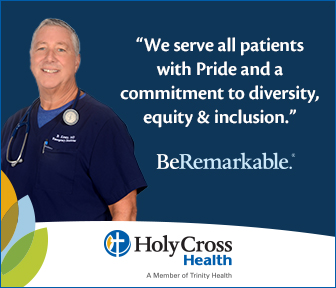Latest

Statement Regarding Our Coverage of Michael Alroy’s Event at Hillel | FAU
OutFAU was founded in protest of Gov. Ron DeSantis’ decision to defund diversity, equity, and inclusion efforts within the state university system. We believe that this government overreach suppressed...

Five Trans, Nonbinary ICE Detainees Allege Mistreatment at Colo. Detention Center
Five transgender and nonbinary people who are in U.S. Immigration and Customs Enforcement custody at a privately-run detention center in Colorado say they continue to suffer mistreatment.
...
Follow Us

Five Trans, Nonbinary ICE Detainees Allege Mistreatment at Colo. Detention Center
Five transgender and nonbinary people who are in U.S. Immigration and Customs Enforcement custody at a privately-run detention center in Colorado say they continue to suffer mistreatment.
...

Maryland Lawmakers Pass Several LGBTQ Rights Bills During 2024 Session
Maryland lawmakers passed a number of LGBTQ rights bills during this year’s legislative session that ended on April 8.
...































